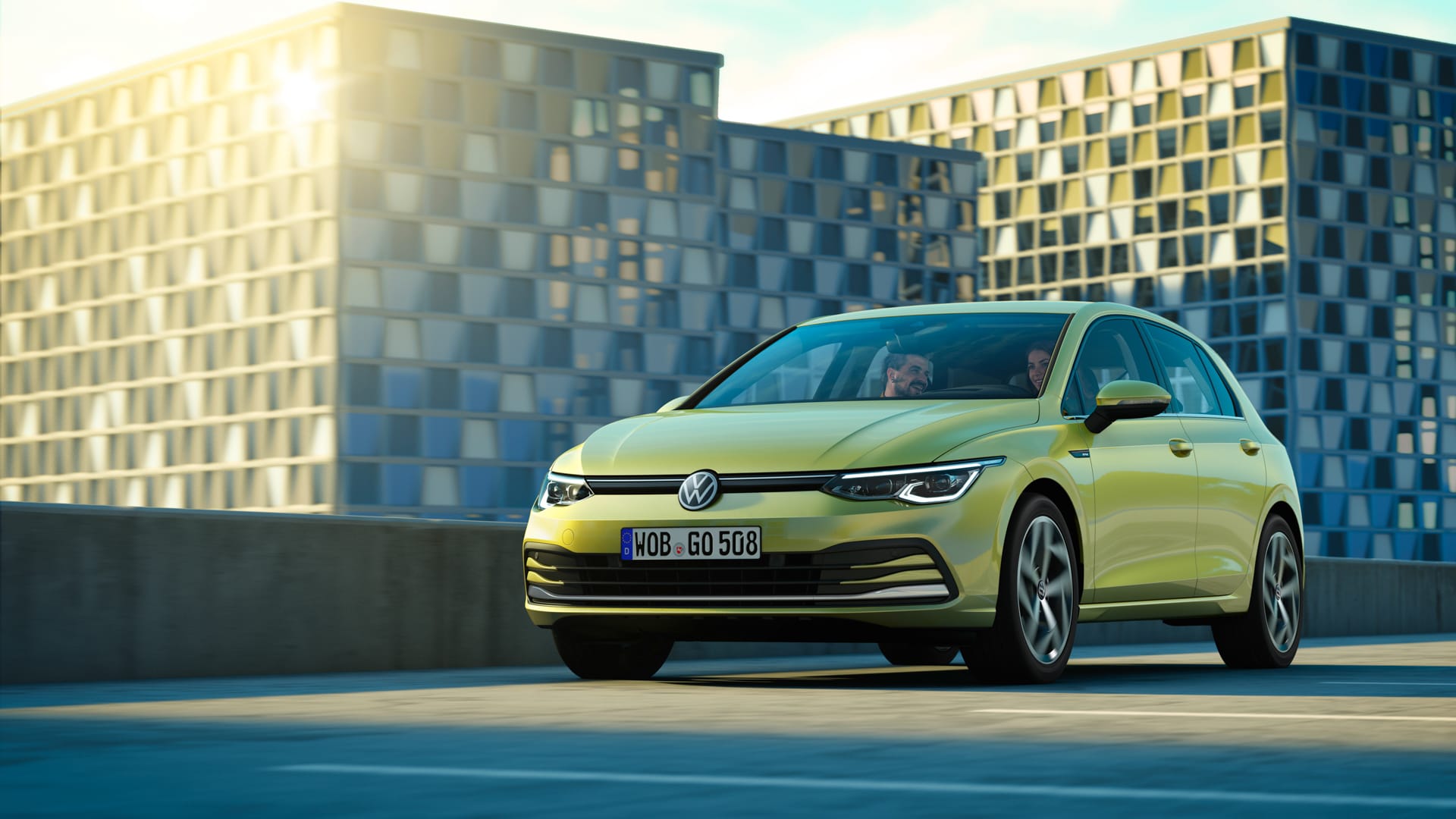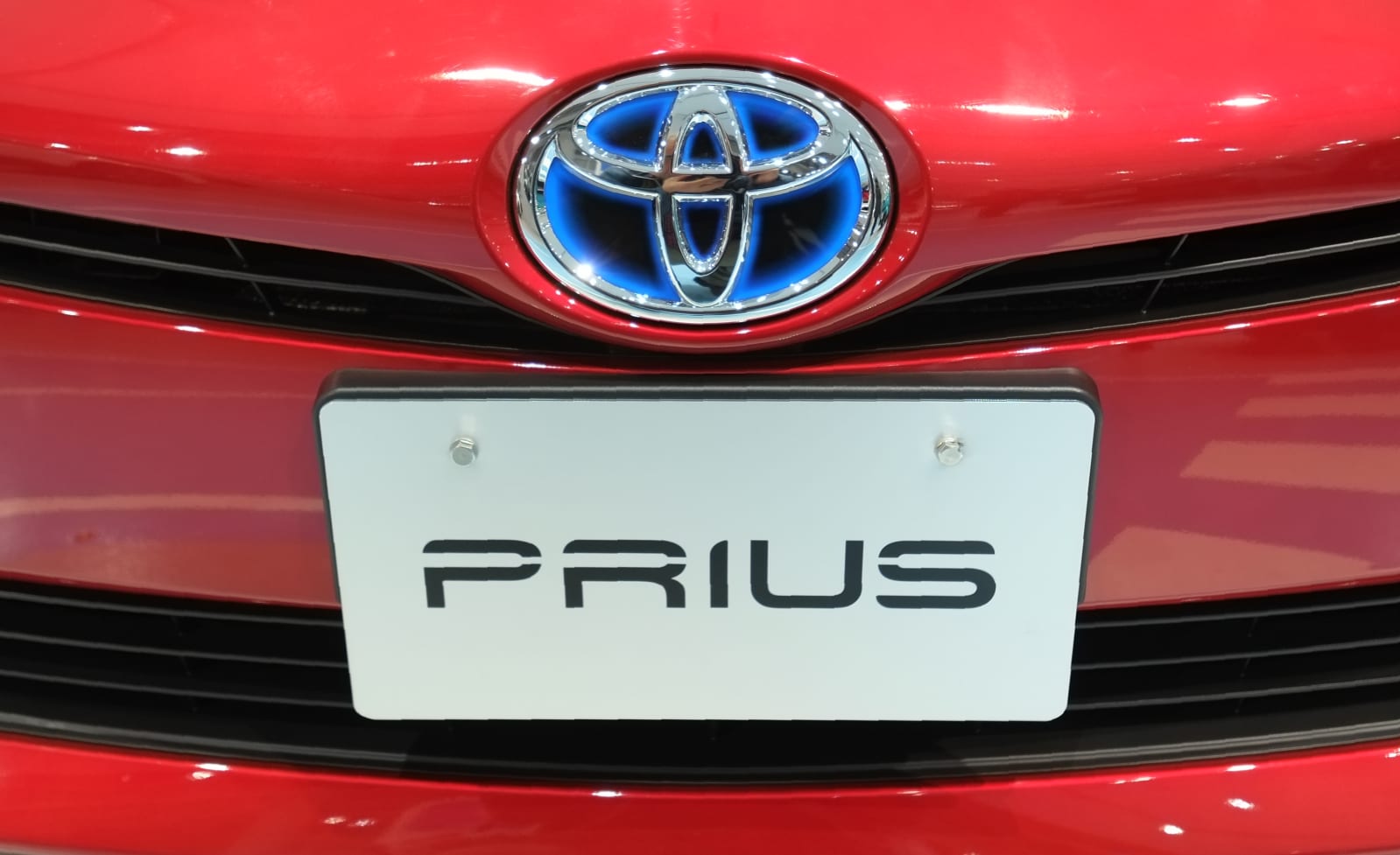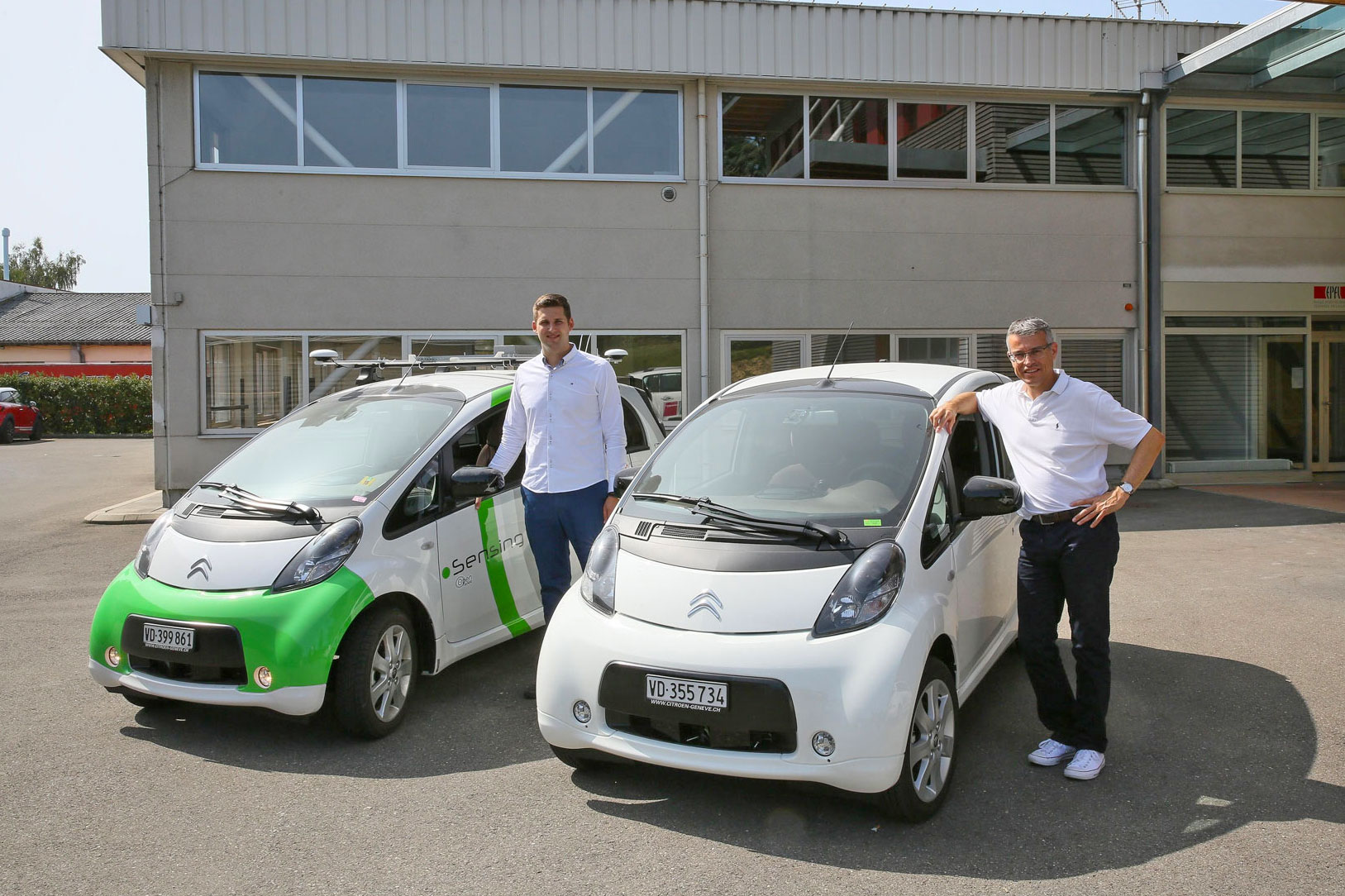Tag Archives: V2V
Study says road deaths could be cut in half if more safety tech were standard
Volkswagen unveils next-gen Golf and its hybrid variants
 After months of teasing, the eighth generation of the Volkswagen Golf has been unveiled. The sleeker design doesn't stray too far from the vehicle's core look. But like our moms always told us, it's what inside that counts and the new Golf has a lot...
After months of teasing, the eighth generation of the Volkswagen Golf has been unveiled. The sleeker design doesn't stray too far from the vehicle's core look. But like our moms always told us, it's what inside that counts and the new Golf has a lot...
Most of Toyota’s cars will talk to each other by 2025
 Toyota's first vehicles that communicate with each other will be up for sale in the US starting in 2021. By the mid-2020s, "most" of Toyota and Lexus' lineup will feature Dedicated Short-Range Communications (DSRC) the company says. Since 2015, the a...
Toyota's first vehicles that communicate with each other will be up for sale in the US starting in 2021. By the mid-2020s, "most" of Toyota and Lexus' lineup will feature Dedicated Short-Range Communications (DSRC) the company says. Since 2015, the a...
Networked self-driving cars are smarter and safer
 You know what's better than one self-driving car on the road? Two, because then they can pool resources. Vehicle-to-vehicle (V2V) communication isn't anything new, of course, but researchers at Switzerland's federal institute of technology, EPFL, are...
You know what's better than one self-driving car on the road? Two, because then they can pool resources. Vehicle-to-vehicle (V2V) communication isn't anything new, of course, but researchers at Switzerland's federal institute of technology, EPFL, are...
It takes a smart city to make cars truly autonomous
It takes a smart city to make cars truly autonomous
US Transportation agency backs public use of self-driving cars, urges states to adopt legislation
The key to road safety may lie in self-driving cars. That's the general conclusion of the National Highway Traffic Safety Administration's recently released policy report which urges states to draw up legislation that encourages testing of automated autos. Currently, only three states (i.e., California, Nevada and Florida) have enacted laws that permit companies like Google to operate these vehicles on public roadways. But the NHTSA hopes that with more state-backed adoption, advances in vehicle-to-vehicle communication and automatic braking can more quickly be refined, thus paving the way for industry standards and eventual commercial deployment.
The agency, an arm of the US Department of Transportation, is also conducting its own research into V2V systems and driver guidelines for self-driving cars; the first phase of which is set to play out over a four-year period. For now, though, it still has a few additional hurdles to overcome, namely consumer perception (the NHTSA estimates self-driving cars could reduce crashes by 80 percent) and possible WiFi interference from the whitespace spectrum freed up by the FCC. Though the NHTSA's sights are clearly set on an automated vehicle future, it's yet to determine whether or not inclusion and use of that tech will be mandated.
Filed under: Transportation, Google
Via: Bloomberg
Source: NHTSA
